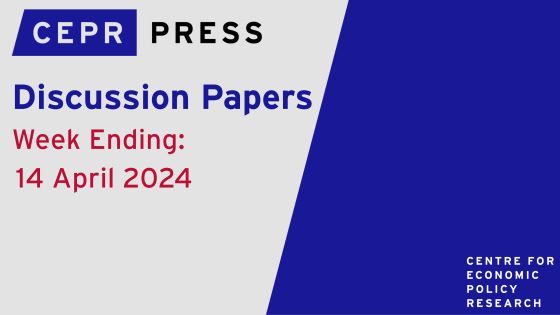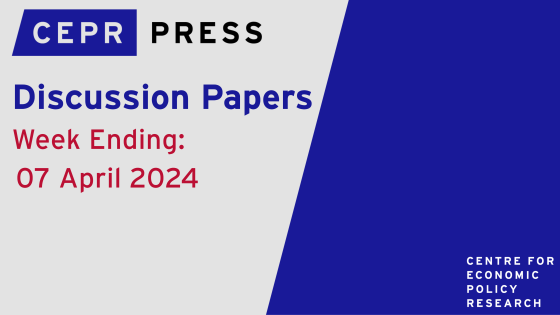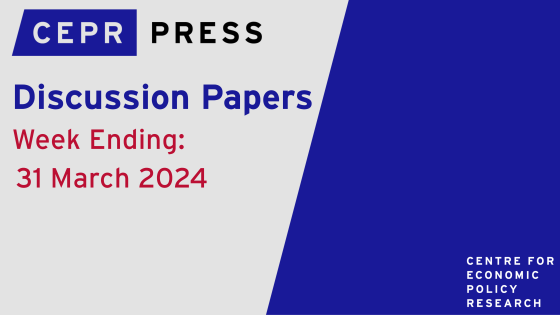As the world is (hopefully) emerging from the Covid-19 pandemic, major challenges await for societies across the world related to climate change, inequality, digitalisation and the undermining of democracy. Economists can contribute to this debate, based on historic insights, theoretical models and analysis of data. This book contains three papers presented at the 30th Anniversary Conference of the Korea Institute of Finance (KIF), as well as the contributions of the discussants and a summary of the panel discussion.
Daron Acemoglu argues that the rise in inequality can be explained by the rise of artificial intelligence, which has replaced numerous low- and middle-skill workers with machines and algorithms. Digital technologies have also played an important part in the retreat of democracy and steep falls in trust in public institutions. To counter these trends, Acemoglu calls for the rebuilding of domestic and global institutions capable of harnessing the power of large corporations and significantly redirecting technological change. At the same time, global solutions for climate change are called for.
Maurice Obstfeld chronicles the evolution of the global financial markets since the Global Financial Crisis, focusing on changes in the markets’ domestic impacts, the strains that have emerged due to the Covid-19 crisis and risks that may lie ahead. He calls for expanding the regulatory perimeter to non-bank financial intermediation, expanding the scope of bilateral central bank swap lines, revisiting the use of capital flow measures and a new architecture for sovereign debt restructuring.
Thorsten Beck and Yung Chul Park discuss the challenges for financial systems across the globe in the wake of the pandemic, long-term trends in the structure of the financial system and the possibly disruptive impact of digitalisation. Finally, they point to climate change, which both poses problems for the financial system but also requires the critical function of the financial system in resource allocation.




